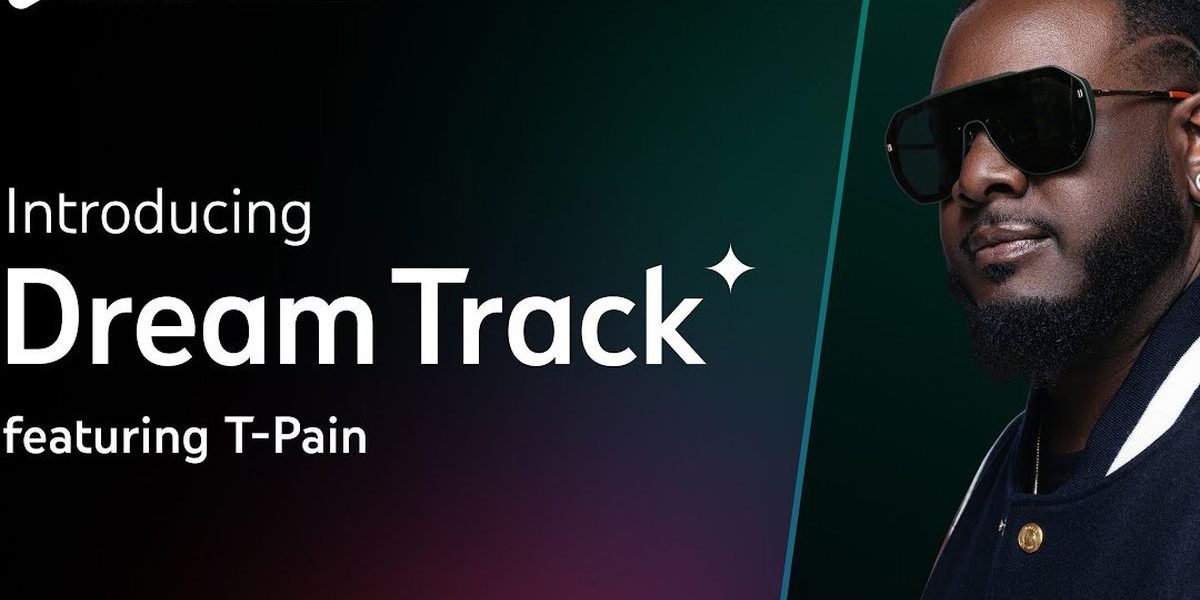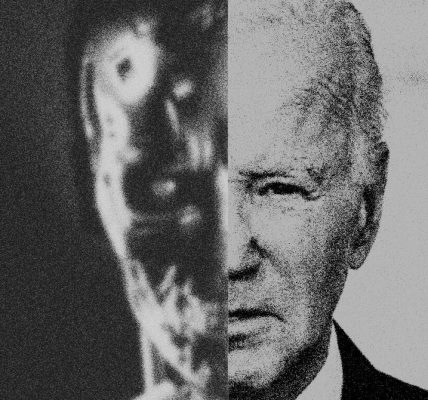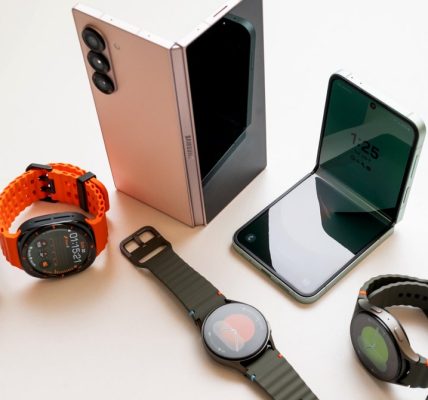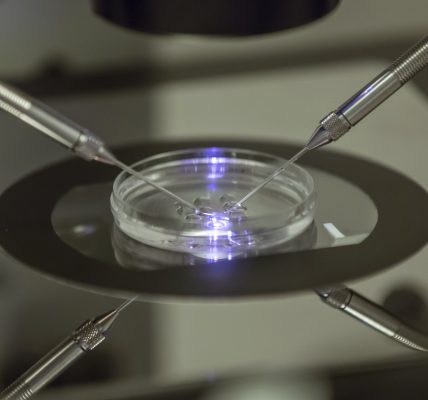Dream Track: New AI-Generated DeepFakes for Generating Songs and Improving Sound Quality for Artists & The Music Industry
The Dream Track feature is currently being tested by a small group of US creators, and can produce tracks in the style of nine artists such as Alec Benjamin, Charlie Puth, and John Legend. A song about howopposites attract, upbeat acoustic can create a song like Charlie Puth or a song called “A sunny morning in Florida, R&B” can be used to make a T-Pain song. A backing track can be made using the software, and there is an artificial voice that works in the style of the artist.
These new AI tools are powered by a music generation model called Lyria from Google’s DeepMind. In an accompanying blog post from DeepMind, the Google subsidiary says tracks created using Lyria will carry a SynthID watermark that’s inaudible to the naked ear and can be preserved when a track is modified. So even if someone adds more noise to a track, compresses it into an MP3 file, or speeds it up, it should theoretically still be possible to tell that it contains AI-generated audio from Lyria.
The reveal of the new tools comes just days after YouTube announced new content guidelines for AI-generated deepfakes meant to protect people and, ultimately, the platform’s music industry partners.
Dream Track can be styled on any artist, and a creator just has to put in a prompt such as “a ballad about how opposites attract, upbeat acoustic,” and then choose which artists the song should be styled on.
Using Artificial Intelligence to Enhance the Performance of Voice Actors: A Key to YouTube’s Dream Track Experiment and a Key Role for the Music Industry
The pilot phase is where the tools are currently located. They have not been released to the public yet, but instead are being tested by roughly 100 U.S.-based participating content creators already within Google’s orbit.
“Being a part of YouTube’s Dream Track experiment is an opportunity to help shape possibilities for the future,” said John Legend. “As an artist, I am happy to have a seat at the table and I look forward to seeing what the creators dream up during this period.”
“I’m grateful that this new development involves the artists, presumably meaning they are being compensated for what they are contributing to this,” said singer-songwriter and voice actor Dan Navarro. I wonder where the inspiration is for the commodization of music like so much toothpaste from a tube. I suspect, not present at all.”
The Weeknd’s label owner Universal Music Group invoked copyrighted material to get the platforms to take down his song, “Heart on My Sleeve.”
Sir Lucian Grainge, chairman and CEO of the UMG, said in a statement that they have a responsibility to protect artists and their work against unauthorized exploitation. “At the same time, we must help artists achieve their greatest creative and commercial potential – in part by providing them access to the kind of opportunities and cutting-edge creative tools made possible by AI.”
“This will obviously become more widespread,” said entertainment business lawyer Schuyler Moore, a partner at the Los Angeles-based law firm Greenberg Glusker.
Moore said he expects licensing deals between tech and entertainment companies around compensating AI spin-offs to become standard in the near future, especially given the fact right of publicity laws vary widely from state to state, and federal legislation is still only in the very early stages of being developed.
“Whoever gets paid for [their voice clone] will be happy because they’ll be able to sit at home and not have to go to a recording session. And other people will go have fun making whatever they want using those clones,” he said.




